crisis intervention team (CIT)
history
The Crisis Intervention Team was born in Memphis, Tennessee in 1988 after an incident in 1987 where Memphis police fatally shot a mentally ill man who was wielding a knife and inflicting injuries to himself. Members of the Alaska CIT are volunteer patrol officers, dispatchers, and supervisors, who, in addition to responding to other calls for service, also respond to calls involving the mentally ill (aka “consumers”). The idea is an IMMEDIATE RESPONSE TO CRISIS, and since patrol officers are already responding to a crisis or emergency calls, it makes sense to educate them with such valuable information as de-escalation techniques, active listening skills, and mental illnesses. The Crisis Intervention Team recognizes that mental illness requires a specialized response to those with special needs and who deserve specialized care. It is a community-based partnership between consumers, law enforcement, NAMI (National Alliance on Mental Illness), the Alaska Mental Health Trust Authority, and mental health providers. All have joined together to recognize the common goals of safety, service, and understanding.
benefits
Consumers and their families receive an immediate response to the crisis by officers who are educated in mental illness and de-escalation techniques. Consumers are identified by officers and provided appropriate mental health care. Mental health professionals voluntarily provide expert instruction to officers during intensive 40-hour training in which officers are educated about mental illnesses, medications, suicide and crisis intervention, active listening skills, de-escalation techniques, empathy, and respect. The officers also participate in extensive role-playing exercises which illustrate these principles. CIT is not a panacea for all police problems involving the mentally ill. It is a humane and calm approach to assisting people with a mental illness. The goal is to reduce violent physical confrontations and provide better patient care.
how it works
Often people in the community, such as family members, caseworkers, and medical staff who know about CIT will call dispatch and request a CIT officer. The calls involving the mentally ill in crisis are then filtered from dispatch to CIT officers who are on-duty working as patrol officers. Sometimes another officer will request a CIT officer’s assistance. There is no call-out status for CIT officers.
